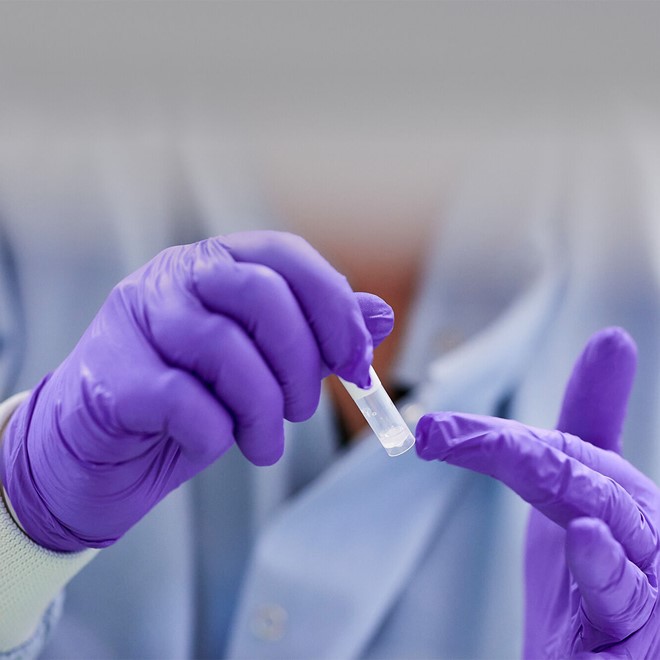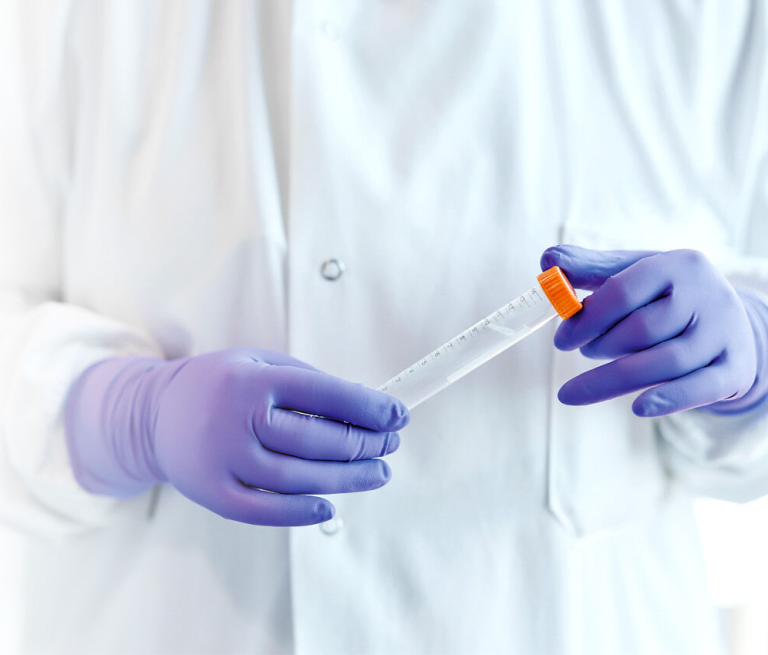Syncona Ltd (LON:SYNC), a leading healthcare company focused on founding, building and funding a portfolio of global leaders in life sciences, notes today that its portfolio company, Achilles Therapeutics has dosed the first patient in a Phase I/II clinical study of its clonal neoantigen T cell (cNeT) therapy in patients with recurrent or metastatic malignant melanoma. This tumour-infiltrating lymphocyte (TIL) therapy has been designed to target clonal neoantigens, believed to be present in all tumour cells, and is the first of its kind to enter clinical trials.
Achilles is developing personalised T cell therapies that target clonal neoantigens, the protein markers on the surface of all cancer cells that are unique from patient to patient. With the use of its bioinformatics platform, PELEUS™, and its proprietary TRACERx data set derived from cancer patients over many years, Achilles can identify a patient’s unique tumour profile and manufacture bespoke T cells called cNeTs that look to target and destroy tumours without harming healthy tissue.
The study is an open-label, multi-centre, single-dose Phase I/II trial designed to evaluate the safety, tolerability and clinical efficacy of cNeT therapy in patients with recurrent or metastatic malignant melanoma, for which there are limited treatment options. The trial, known as the THETIS study, expects to recruit approximately 20 patients and to report initial data in the first half of 2021.
Martin Murphy, Chief Executive of Syncona Investment Management Limited and Non-Executive Director of Achilles Therapeutics, said: “We are delighted that Achilles has dosed its first patient with its proprietary cNeT cell therapy. This is the first TIL therapy to enter clinical trials that is specifically designed to target all cancer cells, and that represents an exciting prospect for science and for patients. Importantly, today’s news demonstrates Achilles’ capability to manufacture an entirely personalised T cell therapy, and therefore its potential to deliver a commercially viable therapy that could dramatically improve patient outcomes. This is what motivates the Syncona team, it’s why we founded Achilles in 2016 and its why we remain an enthusiastic and engaged supporter of the business.”







































